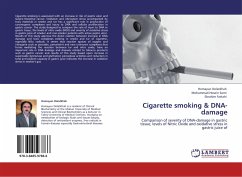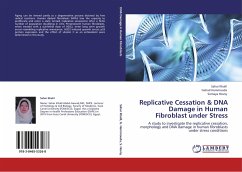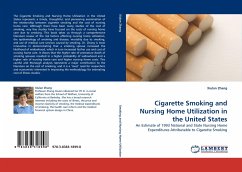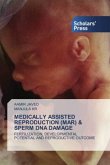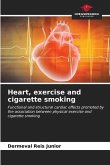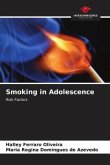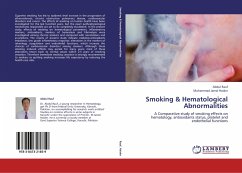Cigarette smoking is associated with an increase in risk of peptic ulcer and Gastro-Intestinal cancer. Oxidative and nitrosative stress accompanied by toxic materials in smoke and tar has a significant role in production of carcinogenic complexes and injury to DNA and cellular proliferation in gastric cancer. The study designed to compare the rate of injuri to DNA in gastric tissue, the levels of nitric oxide (NO0) and severity of oxidative stress in gastric juice of smoker and non-smoker patients with active peptic ulcer. Results of this study approve the direct relation between increase in DNA damage and toxic complexes existing in smoke and tar of cigarette, especially NOo radicals. It seems that reactive spaices of oxygen and nitrogene such as peroxide, peroxinitrit and new unknown complexes that forms mediating the reaction between tar and nitric oxide, have an important role in DNA damage and diseases related to tobacco products such as gastric cancer and results of this study based upon increase in superoxide dysmutase and gluthation peroxidase activities and reduction in total anti-oxidant capacity in gastric juice indicates the increase in oxidative stress in smoker's gas.

